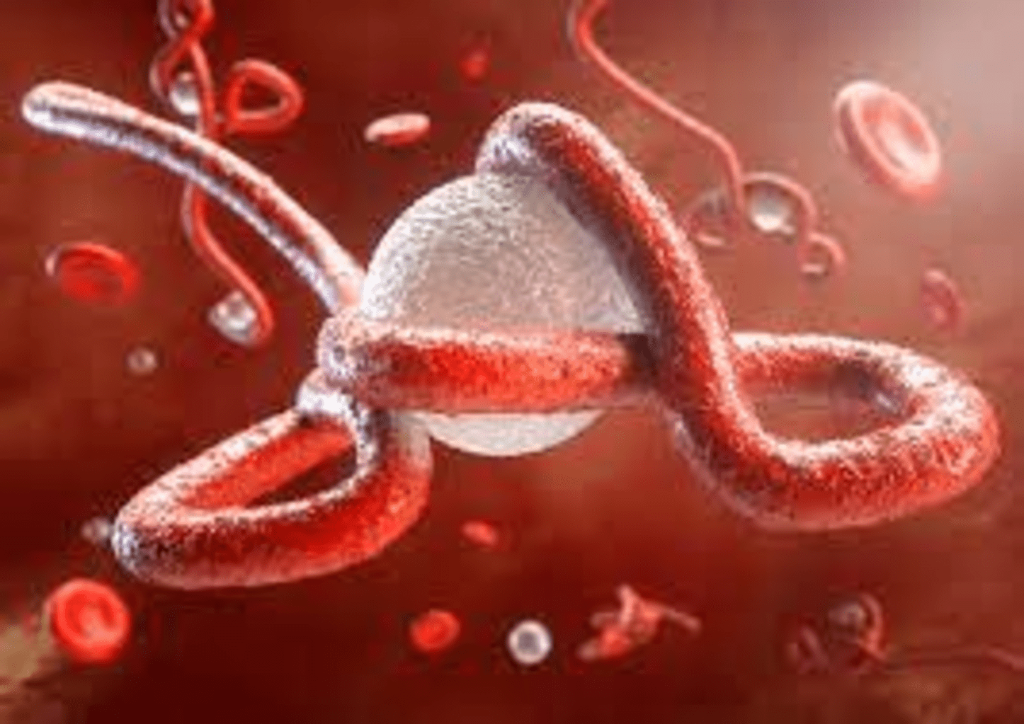
Could there be a virus that comes that could destroy humanity? So far, no virus like this exists and I'll explain why no virus in the future will end humanity. It could cause a lot of suffering, but it won't end humanity.
A virus that could destroy humanity is a nightmare scenario that many people worry about. While such a virus has not yet been discovered, the possibility of it existing is not entirely far-fetched. Scientists have long warned about the potential for a global pandemic that could wipe out a significant portion of the population.
Let's explore the potential threat of a virus that could destroy humanity and what can be done to prevent such a catastrophe.
What is a Virus That Could Destroy Humanity?
A virus that could destroy humanity is a virus that has the potential to cause a global pandemic that could infect and kill millions or even billions of people.
This virus could spread rapidly and be highly contagious, making it difficult to control. It could also be resistant to existing treatments, making it challenging to develop a vaccine or other effective treatments.
The virus would have to be able to infect someone and kill them, but keep that person alive long enough to infect others. It does no good if the person dies quickly.
Examples of Viruses That Could Potentially Threaten Humanity
While no virus has yet been identified as a threat to end humanity, several viruses have the potential to cause a global pandemic. Some of the most concerning viruses include:
Influenza: Influenza is a highly contagious virus that can cause severe illness and death, particularly in vulnerable populations such as the elderly or those with compromised immune systems. While vaccines are available to help prevent the spread of influenza, the virus can mutate rapidly, making it challenging to develop effective treatments. This virus won't end humanity, but it will kill elderly people and make people sick.
Ebola: Ebola is a virus that causes severe hemorrhagic fever and can be fatal in up to 90% of cases. While the virus is not highly contagious, it is spread through contact with bodily fluids and can cause outbreaks in certain areas. This virus won't end humanity because it kills people too quickly.

Coronavirus: The COVID-19 pandemic has shown how devastating a coronavirus can be, with millions of people infected and hundreds of thousands of deaths worldwide. While vaccines have been developed to help prevent the spread of COVID-19, new variants of the virus continue to emerge, making it challenging to contain. This virus won't end humanity, but is like a flu times 2 and will make people sick.
HIV: The HIV is generally only contracted by receiving blood or through unprotected sex. Unless humans start receiving blood by the truck loads and every person gets a blood transfusion - or every person starts having sex, then this one won't be a problem. Even so, there are drugs you can take today to keep this virus in check and in very small numbers.
For a virus to end humanity, it must prolong life for let's say 6 months. The virus must then kill its host after they have afflicted others and at the 6-month mark. Then, the virus needs to be resistant to the body's immune system and any potential vaccines to treat it. If this virus can be highly contagious, and highly lethal, but make that lethality take 6 months or more, we have a situation that will end humanity.

Preventing a Virus That Could Destroy Humanity
Preventing a virus that could destroy humanity requires a multifaceted approach. One of the most crucial steps is to invest in research and development to better understand viruses and how they spread. Scientists need to continue working to develop new treatments and vaccines to help prevent the spread of viruses and limit the damage they cause.
I think an even better approach is to figure out how to strengthen and augment the human immune system through stem cells, ozone treatments, vitamin C, and supplements. For instance, AHCC, a mushroom extract, can greatly increase the number of natural killer cells in an individual, thus strengthening their immune system.

Another critical step is to improve global health infrastructure, including investing in public health systems and emergency preparedness. This includes developing robust surveillance systems to detect outbreaks early and investing in the training and resources needed to respond quickly.
Finally, it's essential to improve global cooperation and communication to address the threat of a global pandemic. This includes sharing information and resources across borders and working together to develop effective strategies to prevent the spread of viruses.

While the threat of a virus that could destroy humanity is concerning, it's important to remember that many steps can be taken to prevent such a scenario. By investing in research and development, improving global health infrastructure, and promoting global cooperation, we can work to minimize the risk of a global pandemic and protect humanity from potential threats.
What do you think about a virus that will end humanity? Will such a thing come into existence?
Online writer since 2008. I enjoy writing and have written nearly a thousand tech related articles about electric vehicles, software, tech companies, hardware, gaming, tech related products, and company developments in tech.
